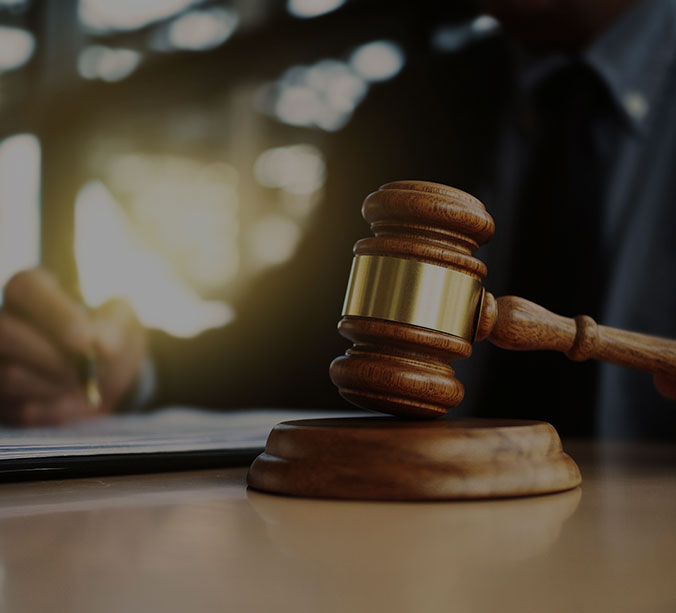If you ever have watched news broadcast an event live, you have experienced livestreaming. For years we have used video of events to see what unfolds in real time, as it is happening. This is known as livestreaming footage. Livestreaming has existed online for years now, but apps like Periscope and Meerkat have brought it to a whole new level.
If you haven’t heard of these apps, Periscope and Meerkat are designed to let users record video on their phones in real time and immediately share it with the world. The streams are published publicly for anyone to see and can be accessed through Twitter and within the apps themselves. The footage is not saved, but rather simply streamed until the user decides to stop the feed. You can find a livestream of just about anything: from the mundane, such as watching someone make a sandwich or watch tv—to the educational, such as lectures and Q&As—to the downright odd. As you can imagine, there are plenty of innocuous videos of pets, but you can also find videos of people doing blatantly dangerous stunts or even taking off their clothes and doing drugs. We can watch events unfold through someone else’s camera as through we are behind the lens ourselves—and do so anonymously. This of course is a major draw for those of us pushing to experience events in the now, but it also has potential downsides.
While the immediacy of Meerkat and Periscope can be empowering, it can also give law enforcement greater abilities to police our actions online. By watching live videos of people screwing up or doing illegal activities, police gain a dedicated forum for catching criminals in the act, as well as a way to gather evidence of wrongdoing and record video files that can be later brought up during a trial.
Won’t This Only Affect Really Irresponsible Criminals?
Many people assume that only the stupidest criminals would record themselves committing a serious crime live, and thus may deserve whatever fate comes to them. To an extent that is true, but not every illegal act that people record on these livestreaming apps is widely considered a big deal. Some people may have no idea that what they are doing is illegal. For example, streaming yourself watching a television show could be considered piracy. Streaming yourself drinking at a party may inadvertently expose an underage drinker in the background putting you both at risk. The examples could be endless.
Even worse, others may record themselves doing something completely innocuous, only to have it be interpreted as something illegal. Sure, you may be able to prove you never broke the law, but a police investigation can be costly, embarrassing, and a huge hassle. Plus, it can be especially difficult to defend yourself against video evidence.
Just how often policing through apps like Periscope and Meerkat will happen remains to be seen. After all, law enforcement has to find your stream and then find a way to save or record the video footage to use it in court. Still, the potential power police could have thanks to these apps is great. If you are using Meerkat or Periscope, keep in mind that you never know who may be watching, and perhaps refrain from anything you think may get you in trouble.
If you are arrested for a crime based on video or social media evidence here in Philadelphia, you will need an experienced Pennsylvania criminal defense attorney to help you build a case against the damning evidence. Contact us at Fienman Defense by calling Philadelphia criminal defense lawyer Michael Fienman at (215) 839-9529 for a free consultation on your specific case today. We believe that everyone deserves the best defense possible and vigorously fight for our clients’ rights.
View All Blogs